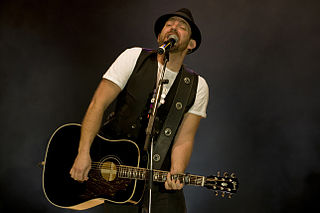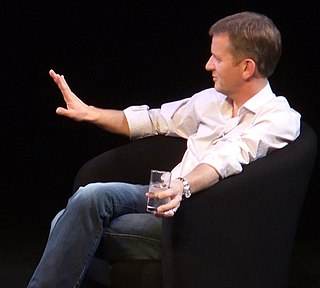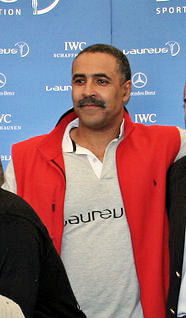A Quote by Kristian Bush
I've tried to start my kids on 'Doctor Who,' but they're just not there yet. Someone had given me these TARDIS stick-em notes, so I gave them to Tucker, and he finally put them all over his locker. I'm like, 'You're the coolest fifth grader, ever!'
Related Quotes
Jesus never tried to hide his loneliness and dependence on other people. He chose his disciples not as servants but as friends. He shared moments of joy and grief with them, and asked for them in times of need. They became his family, his substitute mother and brothers and sisters. They gave up everything for him, as he had given up everything for them. He loved them, plain and simple.
Clay Felker was then - he had - to his credit, he had created New York Magazine, which was the first of the city magazines that covered the city and gave all kinds of advice and all that sort of stuff. And there were copies all over the country by the time he left. He had, however, a view of journalism that was very much, I must say, like Tina Brown's at The New Yorker. You hit 'em hard, fast, give 'em something to talk about the day after the paper comes out, as contrasted with William Shawn, who gave them something to talk about two or three years from then.
Just stick with your kids. There's no set of rules on how to be a parent. No handbook. Just hang around your kids and ask them a lot of questions. You have to stay involved in your children's lives and monitor everything they're doing whether they like it or not. You're not in the job of making them like it. You're there to protect them in a world that can be troubling.
I went to a public high school and most of the comedy was coming from the black kids and the Asian kids and the Hispanic kids. And, the coolest kids to me where always the black kids. They were always fashion forward and they always dressed the coolest. They were always the best dancers, and just the coolest people.
Kids didn't have huge backpacks when I was their age. We didn't have backpacks at all. Now it seemed all the kids had them. You saw little second-graders bent over like sherpas, dragging themselves through the school doors under the weight of their packs. Some of the kids had their packs on rollers, hauling them like luggage at the airport. I didn't understand any of this. The world was becoming digital; everything was smaller and lighter. But kids at school lugged more weight than ever.
Kids have been let down by adults - we've tried to give them too much, we've tried not to impose discipline. We've tried to make their lives easier and, in doing so, we've taken something away from them. Kids like boundaries, they also like to be pushed, need to learn what failure is all about, need guidance.




































